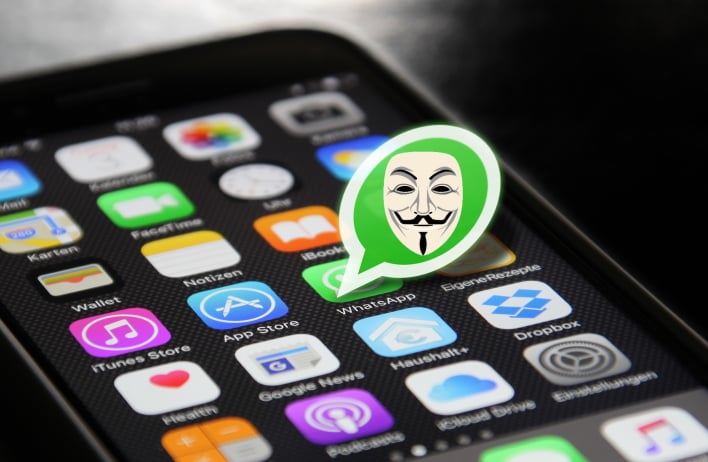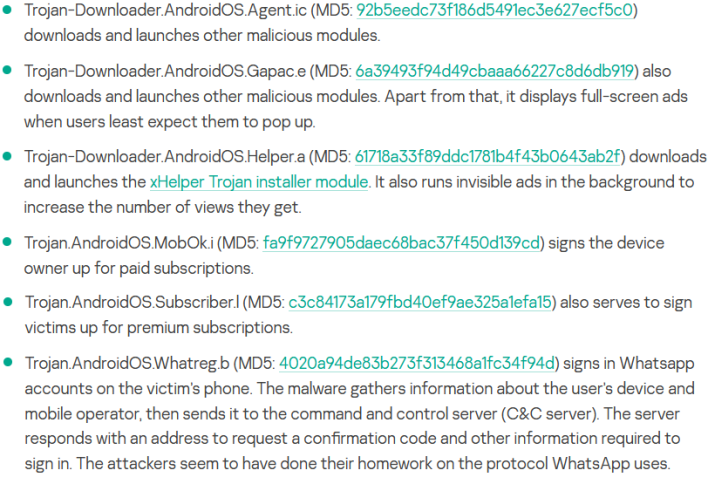Avoid This Virus Laden Version Of WhatsApp And Delete It From Your Phone Now

It is somewhat common for enterprising developers to add features to popular apps via plug-ins, companion apps, or even by modifying the original when possible. By reverse-engineering apps, like WhatsApp for example, a skilled developer can tweak and modify features or even add their own spin on things. However, this also opens the door to malicious possibilities, as we have now seen with an infected version of FMWhatsApp, which is a popular WhatsApp mod.
FMWhatsApp typically adds themes, read receipt controls, more robust file attachment capabilities, and more. While all of that may sound well and good, researchers at Kaspersky recently found that the trojan Triada has also managed to sneak into FMWhatsApp in version 16.80.0, by exploiting a hole in the advertising software development kit.


Other than that, always keep your phone patched and up to day, keep an eye on what permissions you grant apps and perhaps install a mobile antivirus utility to add an extra layer of protection. At the end of the day, though, it seems that the general rule of “do not randomly download things off the internet” prevails, and this incident further drives that point home.

